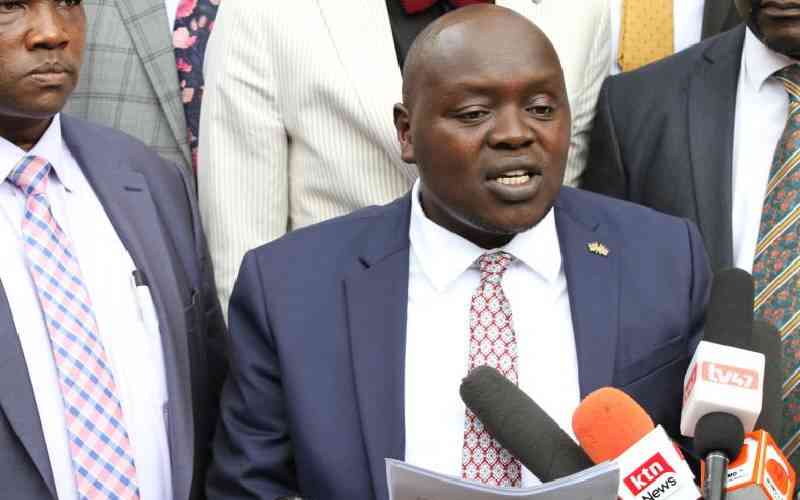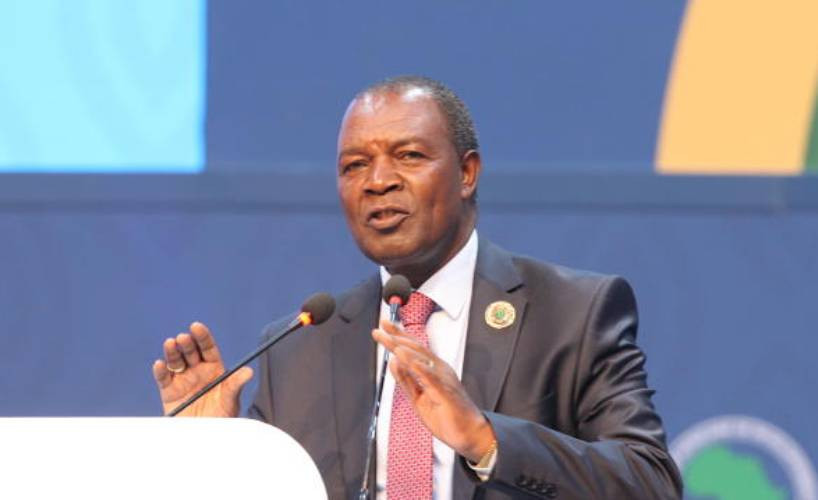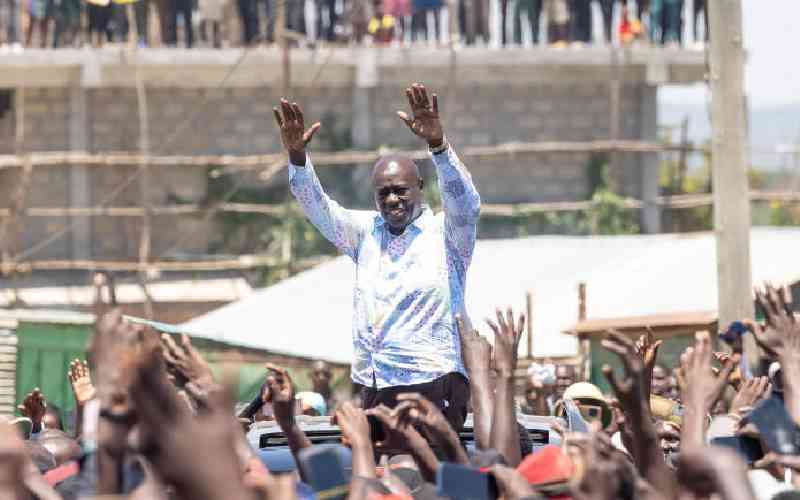By John Oyuke
Concerns over faltering economic growth forced the Central Bank of Kenya (CBK) to reverse its tight monetary policy.
Economists say decision by the banking sector regulator to reduce its interest benchmark rate (CBR) to 16.5 per cent from 18 per cent was meant to encourage borrowing to boost an economy struggling with its weakest pace of growth in recent times.
They said Monetary Policy Committee (MPC), which sets CBK’s policy regarding interest rates, lowered the benchmark rate by 1.5 percentage points during its meeting on Thursday to support investments and economic growth.
“We think MPC elected to support growth at the July 5 meeting,” Renaissance Capital’s Sub-Saharan Africa Economist, Yvonne Mhango said in a report, adding te shilling is likely to weaken following the policy move.
Exports hurt
She also pointed out that the depressed trading with the European Union, which accounts for 20 per cent of Kenya’s merchandise exports and source of half of its tourist traffic aggravated the risks to growth.
At an earlier media briefing, an Investment Manager at PineBridge Investments, Mr Joel Warutere, said restrictive monetary policy was hurting economic growth.
Mhango said high interest rates had subdued growth in the economy, including trade and construction, with financial services showing the sharpest slowdown in growth.
Financial services sector’s growth, according to the investment bank’s review of first quarter of 2012 Gross Domestic Product (GDP) show growth fell to 3.8 per cent from 12.6 per cent recorded in the same period last year.
Kenya’s real GDP growth slowed to 3.5 per cent year over year in first quarter from 5.1 per cent recorded in the previous year. “The slowdown implies the positive effect on the economy of the return of good rains was countered by the inhibiting effect of high interest rates on sectors that are particularly exposed to credit,” the bank said.
“We think this is significant, as it demonstrates the strengthening link between credit and the real economy in Kenya, which is firmer than in most Sub-Saharan African (SSA) countries, including Nigeria,” added Mhango.
She said the slowdown in financial services, construction, trade and real estate activity implies that monetary policy decisions have a more pronounced impact on real economic activity in Kenya compared to other SSA countries,
Kenya National Bureau of Statistics first quarter 2012 report said Kenya’s construction sector slowed down during the period, weighed down by high cost of borrowing, with the trend expected to continue for months.
It said the sector recorded 3.2 per cent growth compared to seven per cent in the same period last year, the first concrete evidence showing the previously booming sector employing about a million people was cooling off.
 The Standard Group Plc is a
multi-media organization with investments in media platforms spanning newspaper
print operations, television, radio broadcasting, digital and online services. The
Standard Group is recognized as a leading multi-media house in Kenya with a key
influence in matters of national and international interest.
The Standard Group Plc is a
multi-media organization with investments in media platforms spanning newspaper
print operations, television, radio broadcasting, digital and online services. The
Standard Group is recognized as a leading multi-media house in Kenya with a key
influence in matters of national and international interest.
 The Standard Group Plc is a
multi-media organization with investments in media platforms spanning newspaper
print operations, television, radio broadcasting, digital and online services. The
Standard Group is recognized as a leading multi-media house in Kenya with a key
influence in matters of national and international interest.
The Standard Group Plc is a
multi-media organization with investments in media platforms spanning newspaper
print operations, television, radio broadcasting, digital and online services. The
Standard Group is recognized as a leading multi-media house in Kenya with a key
influence in matters of national and international interest.








